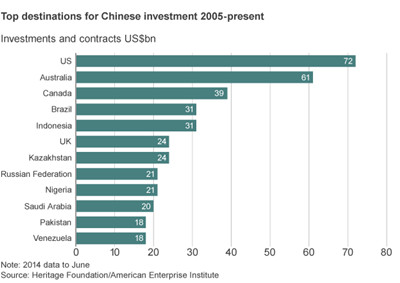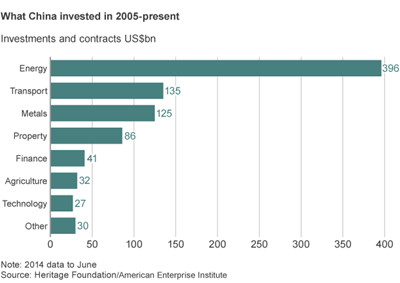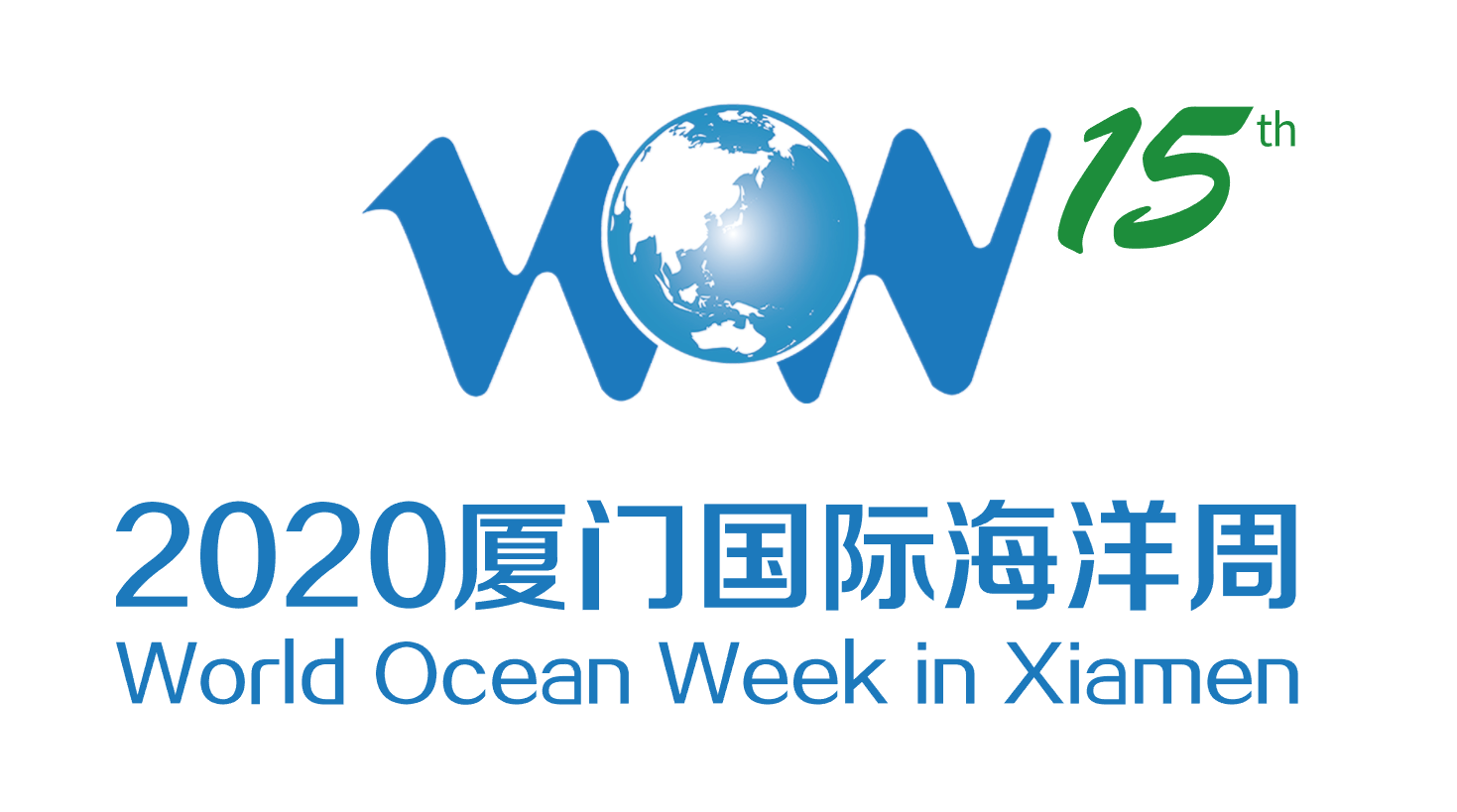How Cool about China's Economy ?
2015-05-09

What in the world does China own?
With an estimated $4 trillion (£2.7tn) of foreign reserves stashed away in various sovereign wealth funds, China has plenty of cash to splash.
Despite the recent slowdown in the country's GDP, most developed economies would dream of an annual growth rate of 7%.
No wonder then that annual Chinese investment overseas has grown eightfold over the past 10 years to reach more than $140bn in 2013.
Somewhat surprisingly, there was a modest slowdown in 2014, with investment in the first half lower than a year earlier, largely due to a fall in spending on energy projects.
But this dip is likely to be short lived, for the simple reason that population growth and, more importantly, the exploding middle classes mean China's voracious appetite for resources will continue to grow.
The US has been the largest recipient of Chinese money over the past decade, largely due to a burst of investment since 2012 – this time last year, Australia was the number one destination over the previous 10 years.
In the first half of last year, however, investment in the UK matched that in the US, as it cemented its place as China's favourite European country to invest in – at $24bn it received more than double France's $11bn.
China has made investments and signed contracts all over the world, but Africa in particular has piqued its interest.
China, the world's second largest economy, has done business in 34 African countries.
The reason is simply Africa's wealth of natural resources.
At the other end of the scale, political tensions help explain why China has invested almost as much in Mongolia ($1.4bn) as it has in Japan ($1.6bn), the country it recentlyovertook in the league of the world's most powerful economies.
With an estimated $4 trillion (£2.7tn) of foreign reserves stashed away in various sovereign wealth funds, China has plenty of cash to splash.
Despite the recent slowdown in the country's GDP, most developed economies would dream of an annual growth rate of 7%.
No wonder then that annual Chinese investment overseas has grown eightfold over the past 10 years to reach more than $140bn in 2013.
Somewhat surprisingly, there was a modest slowdown in 2014, with investment in the first half lower than a year earlier, largely due to a fall in spending on energy projects.
But this dip is likely to be short lived, for the simple reason that population growth and, more importantly, the exploding middle classes mean China's voracious appetite for resources will continue to grow.
The US has been the largest recipient of Chinese money over the past decade, largely due to a burst of investment since 2012 – this time last year, Australia was the number one destination over the previous 10 years.
In the first half of last year, however, investment in the UK matched that in the US, as it cemented its place as China's favourite European country to invest in – at $24bn it received more than double France's $11bn.
China has made investments and signed contracts all over the world, but Africa in particular has piqued its interest.
China, the world's second largest economy, has done business in 34 African countries.
The reason is simply Africa's wealth of natural resources.
At the other end of the scale, political tensions help explain why China has invested almost as much in Mongolia ($1.4bn) as it has in Japan ($1.6bn), the country it recentlyovertook in the league of the world's most powerful economies.

Resources are what China needs, particularly to meet demand for energy that is predicted to triple by 2050.
That is why investment in energy has dwarfed that in other sectors since 2005.
Investment in energy actually dipped slightly last year, with that in other areas such as transportation, property and technology taking up much of the slack.
Metals are another key area of investment, as these are needed in construction and industry to help fuel China's rapidly expanding economy.

Outside of energy and resources, finance has also attracted some serious money, with Morgan Stanley and Standard Bank the biggest recipients of Chinese cash.
[ Web editor: Source:BBC ]



 闽公网安备 35020302000788号
闽公网安备 35020302000788号